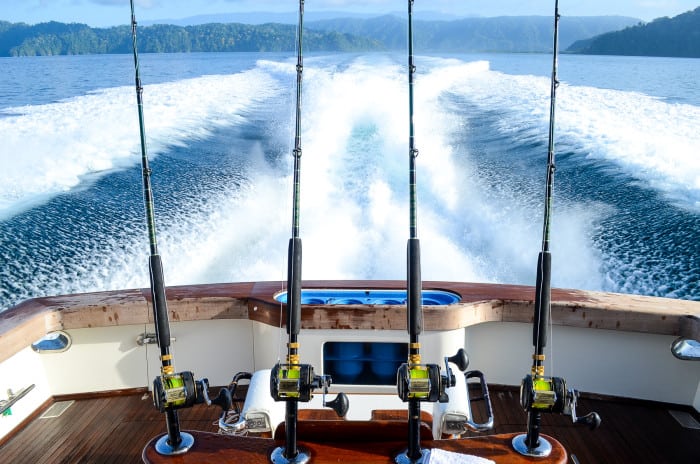To strengthen fishing tourism as an engine for sustainable development, fishing tourism organizations from Guatemala, Honduras, and Costa Rica signed the Letter of Understanding that gives rise to the Central American Sportfishing Alliance (CASA). The three countries agree that sport fishing and issues regarding highly migratory species must be addressed jointly. The decisions and policies of one country have a direct impact on the populations and economies of its neighbors.
This alliance seeks to consolidate tourist and sport fishing as key tools for the economic development of the region and for managing species of interest for fishing, such as billfish, tarpon, and roosterfish, among others. It is expected that signatory organizations from other countries will join later as affiliated members to expand the alliance’s impact.
The partnership will focus on three fundamental pillars: promoting the economic and social development of coastal communities through the consolidation of sport fishing; fostering policy and regulatory frameworks that encourage responsible marine tourism; and strengthening a multi-sector network comprised of the private sector, academia, and governmental entities.
Scientific research and monitoring, as well as education and awareness in sport fishing through training programs, awareness campaigns, and the adoption of best practices in the fishing and tourism sectors, will also be implemented. Sport fishing generates significant direct and indirect economic benefits in all the countries of the alliance. In Costa Rica, this activity generates $520 million annually, surpassing key exports such as coffee ($276 million) and cruise tourism ($29.9 million).
However, as a blue economy activity, the industry faces significant challenges due to the lack of representation in key decision-making bodies. This exclusion of an essential economic sector, coupled with inadequate regulatory frameworks, hinders democratic governance in vulnerable coastal communities; it undermines residents’ trust in their institutions and further exacerbates existing disparities.
Among the first tasks of CASA, already underway, is the implementation of meetings and workshops to understand the gaps and priorities for each country and how these can be directed toward regional lines of work. “The official creation of CASA marks a milestone for sport fishing and tourism in Central America. For the first time, the private sector unites regionally to promote sustainability and key insights to strengthen the coastal communities that depend on this activity,” said Marina Marrari, Executive Director of FECOP in Costa Rica






